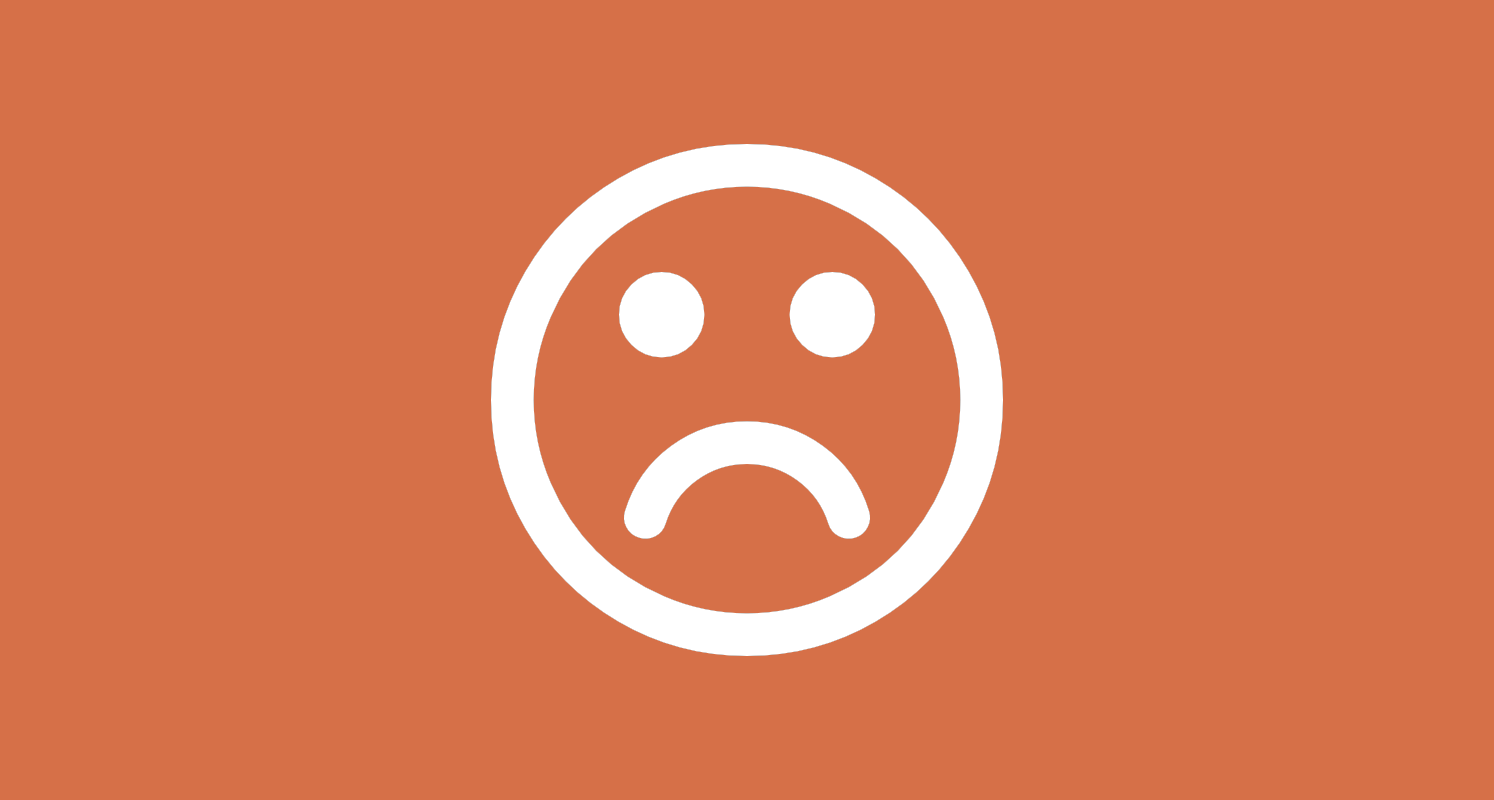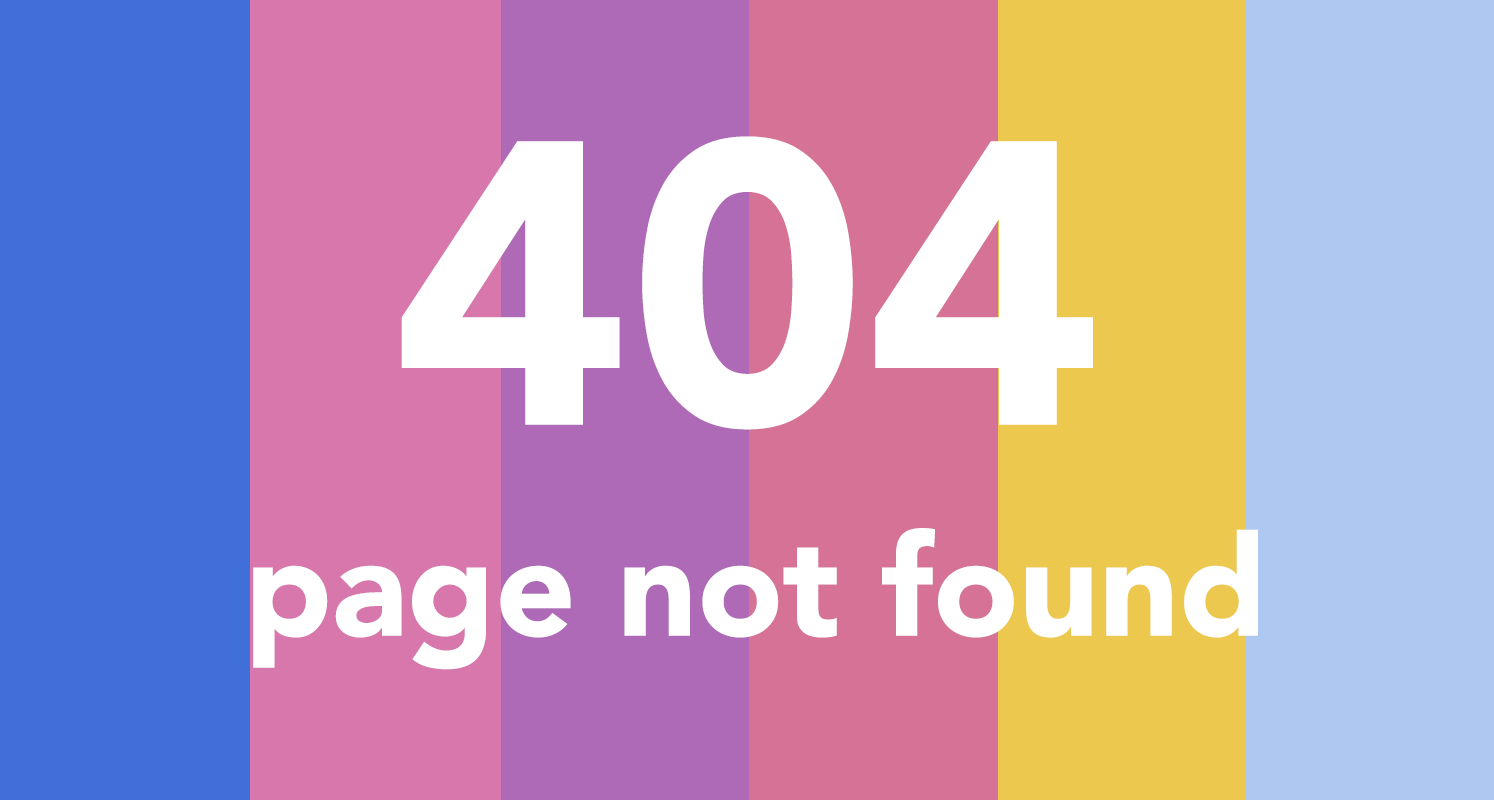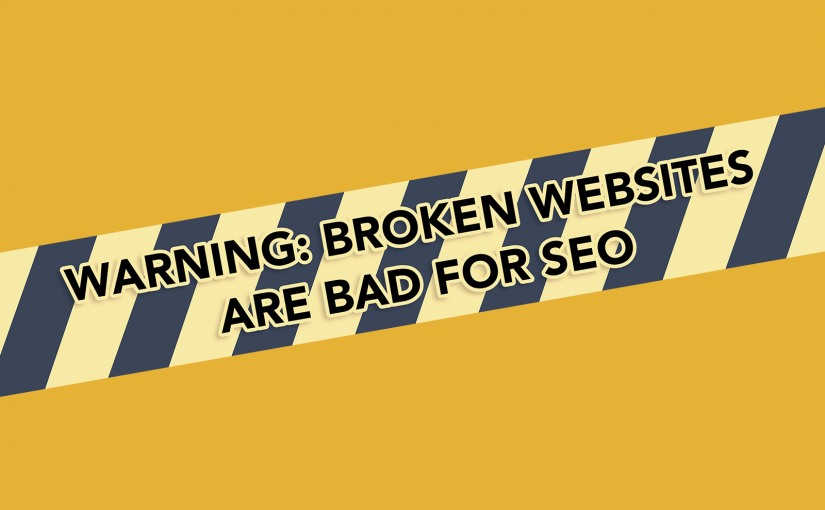It’s one thing to have a broken website, but it doubly stinks to find out it hurts your website’s ability to show up in Google. In this post, we’re going to go over why having a broken website damages your ability to show up in Google.
First a little jargon.
As a search engine marketing agency, we use the acronym “SEO” a lot. SEO stands for search engine optimization. However, the term SEO has been reduced to really being a way to measure how well your website performs in Google.
A site that shows up as the first choice in Google for particular searches can be said to have “good SEO”. A site that gets a lot of traffic from Google also has “good SEO” (you don’t necessarily have to be #1 for any Google searches to get traffic to your website).
A site that gets little to no traffic from Google or can’t be found in Google has “bad SEO”.
A broken website can hurt your future business income because bad SEO degrades your ability to find new customers as well as existing customers trying to find you.
A broken website is a bad user experience, and a bad user experience is bad for SEO

It turns out that having a website that does well in the search engines is mainly the result of a secret online popularity contest.
A secret online popularity contest?
Yep. That’s how Google works for the most part. Google crawls the entire internet and examines all the links that point to your website from other websites.
Any link that points to your website from another website can be thought of as a “vote”.
A general rule of thumb is: the more websites that link to your website, the more popular your site is in the eyes of the internet.
Think of these links as votes.
Google takes a cue from this virtual popularity contest and uses that as a main factor in their ranking algorithm.
So what does all this have to do with a bad user experience?
Well, if other people visit your website and it’s broken, chances are they won’t be too thrilled with the experience they had visiting your website. If one of these visitors was planning on linking to your website, well, now, they’re probably not going to do that. You’re losing votes.
Now, a website that has a mind-blowing user experience. Well now, that’s worthy of press! That’s newsworthy. Those kinds of sites get written up in online publications. Or on forums. Or on Facebook. “Hey check out this site!”. And that usually means sites like that get linked to.
Make sense don’t it?
Broken website links are bad for SEO

As a website ages, it’s common for links around the website to break or point to “not found” webpages.
Just as links that point to your website from other websites help your SEO, your own links that point to other webpages within your own site are also helpful for SEO.
Those links help Google understand what your site is about and what pages are more important than others.
When those links break, it hurts Google’s ability to properly understand your site and ruins your website architecture. The way pages are linked to each other throughout a website can make or break important pages from doing well in search engine results.
A slow website can mean something is broken and slow websites are bad for SEO

A few years ago, Google added website speed as something else they measure to determine how they should rank websites in their results.
The faster your website loads, the better it is for your SEO.
Now a slow website can mean something is broken. For example, a lot of websites use WordPress software to power their website.
It’s incredibly common for WordPress websites to have outdated plugins, broken themes, or just poorly engineered plugins that cause WordPress sites to load slowly. Sometimes it’s simply the fact that the site uses 20 or more plugins that bog down the entire site.
Another thing that slows down websites are images and photos that are too large in file size. They take too long to download causing the website experience to be poor.
A broken website hurt your brand experience and good brands dominate Google
You want prospects and customers to have an amazing brand experience. Anything they engage with that has to do with your brand – a website visit, a phone call, an email – should be as perfect as it can be.
If someone visits your website and they arrive on a homepage with a big blurry image smack dab in the middle of the page, it just looks like you’re not running a tight ship.
And that can lead them to think, “hmmm – I wonder what else they’re slacking on”. This is obviously not a good first impression.
It turns out branding is an important factor when it comes to dominating the search engines.
As a matter of fact, Google will regularly list a larger brand’s result over smaller brands for the same search. Even if the smaller brands have a better page for that particular search.
The reason why is that big brands have earned more trust over the years and have become a more trusted source for Google to pull from.
So, improving your branding and brand experience is an important ongoing project that helps with SEO and your overall bottom line. Work on it!
Is your website broken?
Let us know if your site is broken, slow are needs some adjusting. Use the form below to schedule a quick call and we’ll get to work on solving your website issues:

